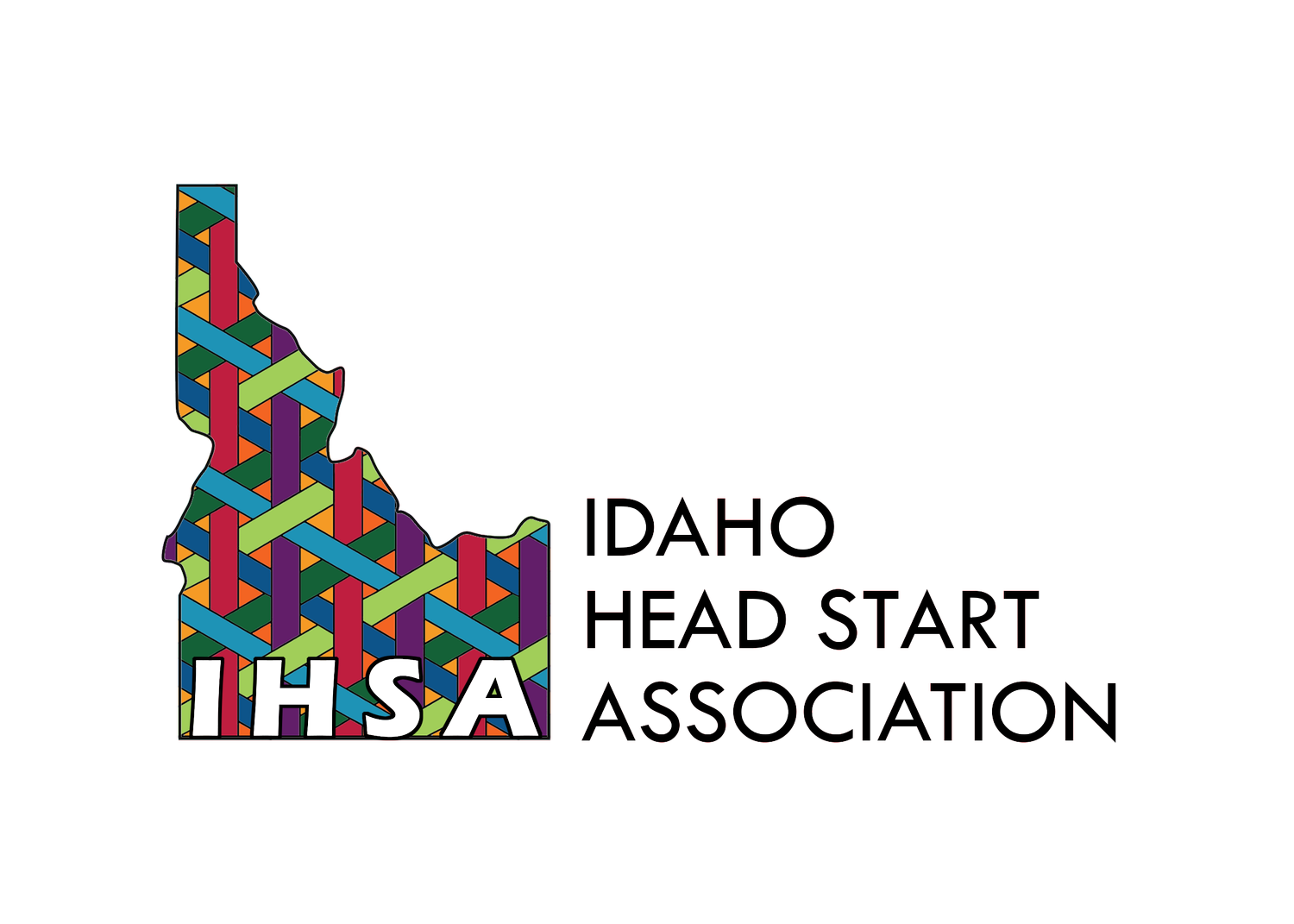By Yasmina Vinci
Executive Director, National Head Start Association
The zombie vogue in today's movies and TV shows has also invaded media and think tanks in a form that Paul Krugman recently (and aptly) named "zombie ideas" -- i.e., thoughts that should melt away in the daylight of reality and evidence but which "refuse to die." A zombie idea persists when it's "one of those things that everyone important thinks is true because everyone they know says it's true."
A prime example of a zombie idea is the oft-repeated citation of the Head Start Impact Study as proof positive that Head Start does not work! This particular zombie is the darling of every critic of Head Start, and it sometimes creeps into places where you'd least expect it, such as op-ed pieces or Congressional hearings.
Like a true zombie, this distortion of the Impact Study is disguised to appear believable. Yes, back in 2003, the U.S. Department of Health and Human Services did indeed fund a study to see whether children who were in Head Start for seven months would be prepared for Kindergarten. Yes, the study was intended and started as a randomized study. And yes, by the time they were tested in third grade, other children had caught up to Head Start children in most academic scores.
But let's shine the light of the day (i.e., facts) on the zombie idea draped in those three arguments and watch it crawl back wherever zombies and zombie ideas congregate.
Fact 1: The study's aim was to measure whether Head Start gets children ready for Kindergarten. And the first finding of the study states unequivocally that the Head Start children were better prepared for Kindergarten in every domain tested. Clearly not many propagators of this zombie idea have read even as far as the beginning of the Executive Summary. But those who'd rather talk than read could speak to Kindergarten teachers in poor neighborhood schools who repeatedly report that Head Start kids are easily identified because they know their numbers and letters, line up nicely, and wait their turn. These teachers also tell us that, with third grade tests looming, they must concentrate much of their time and energy on helping the other kids catch up to what Head Start children already know and can do.
But if the zombie idea promoters don't know any Kindergarten teachers, solid research suggests that the so-called third grade "fadeout" (the zombie idea's cloak) is in fact due to the other children simply catching up to Head Start kids.
Fact 2: The zombie idea propagator who has actually seen the Executive Summary may admit to short-term benefits but no long-term advantage from Head Start -- another so very zombie idea. In reality, voluminous research found that people who started in Head Start scored better than their low-income peers in completing high school, attending college, staying out of jail, being healthier as both children and adults, and retaining healthier habits. In many cases, their families also broke the cycle of generational poverty.
If reading research studies about the positive long-term effects of Head Start is too cumbersome -- printed out, the stack stands more than a foot high -- the zombie idea propagators should talk to some of the 28 million people whose lives have been lifted by Head Start. They are everywhere -- as entrepreneurs creating new jobs; in helping professions as doctors and educators; in the service of their country as Ambassadors, Members of Congress, Mayors and military personnel. They are faith leaders, nonprofit leaders, college students, media and sports figures. Their circumstances at birth could well have kept all of them from realizing the American Dream. But Head Start provided them and their families a unique window of opportunity.
There are simple and direct ways of disposing of vampires -- I understand a wooden stake driven through the heart will do the job. I am not sure what works with zombies. But while fictional zombies are harmless, zombie ideas can be truly pernicious even when that is not the intent of the propagator. They can shut down the proven pipeline that sets our most vulnerable children and their families on a trajectory to success.
